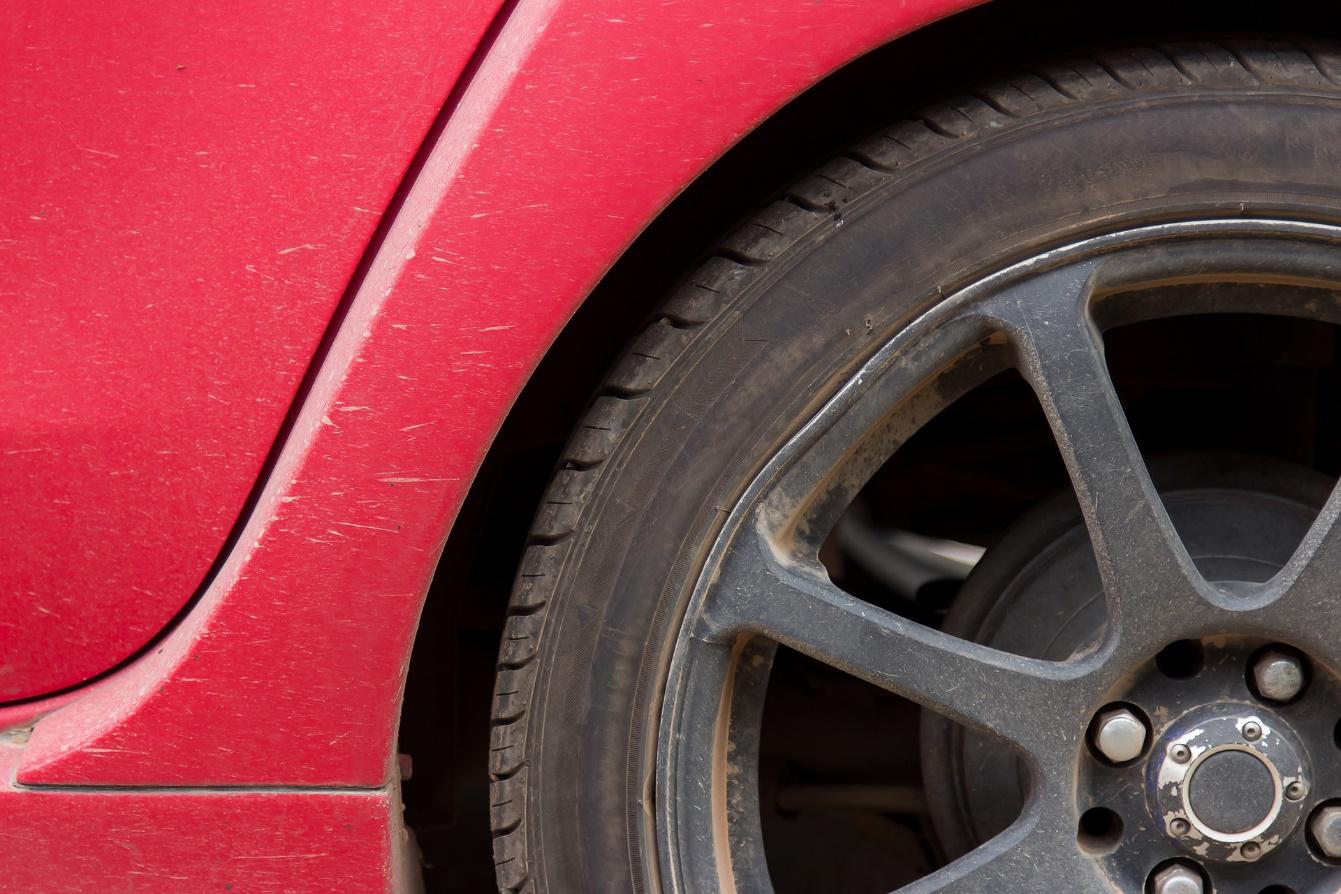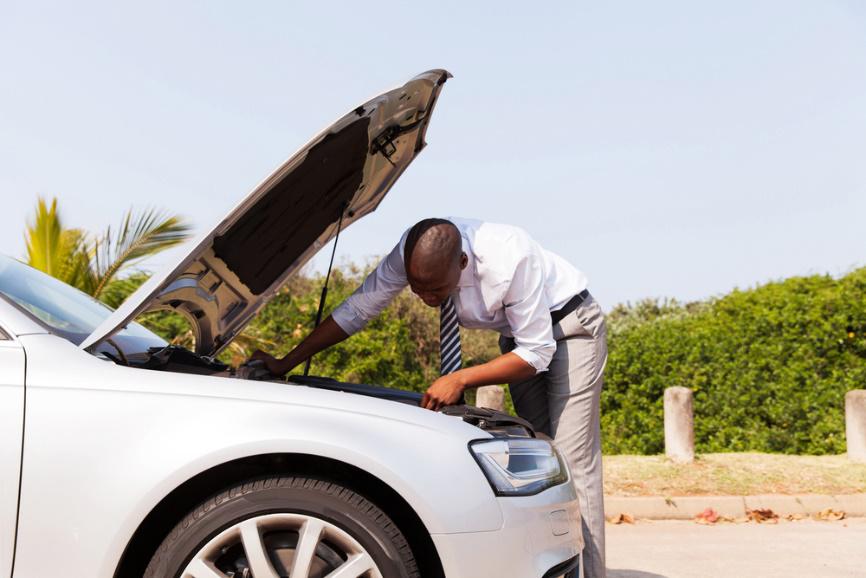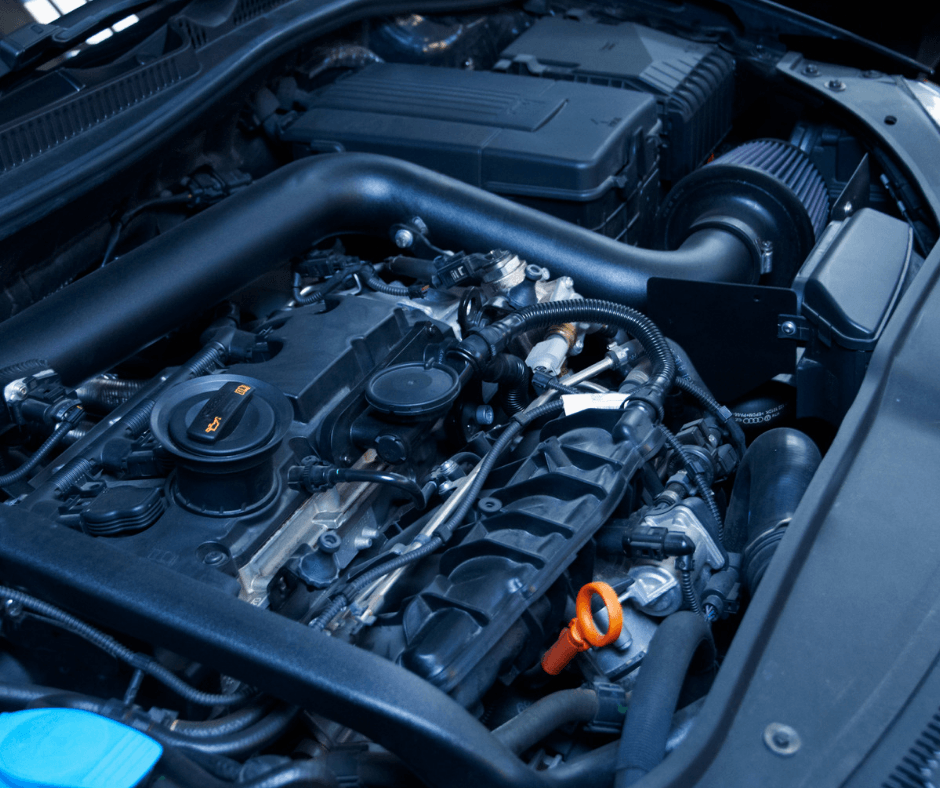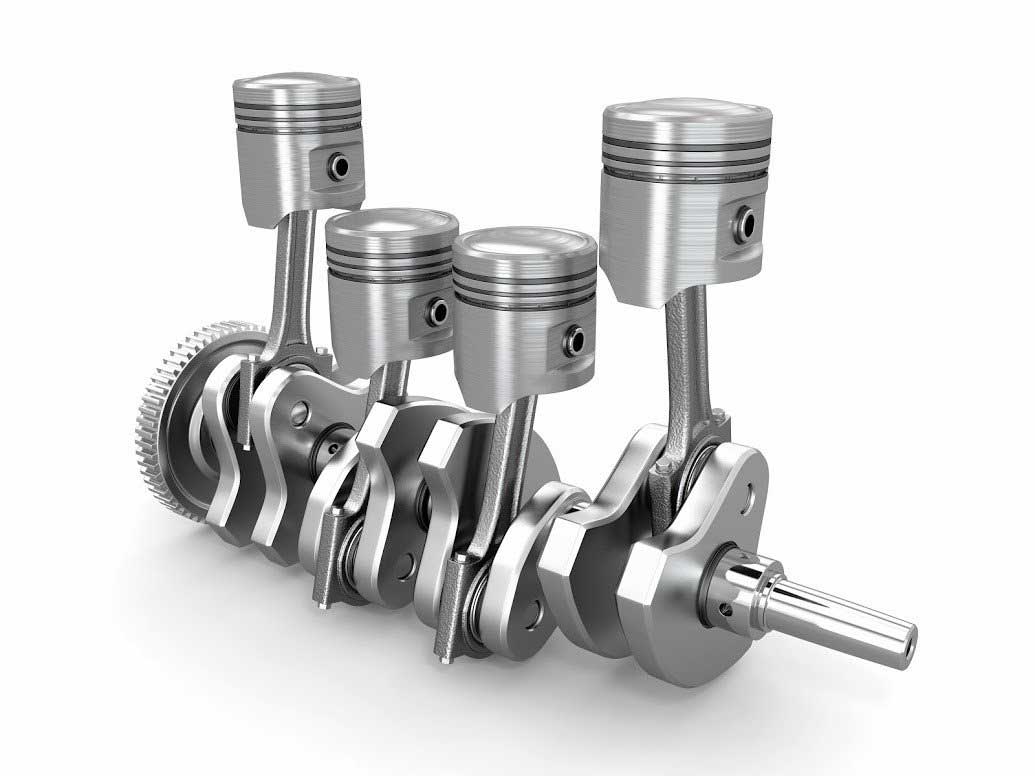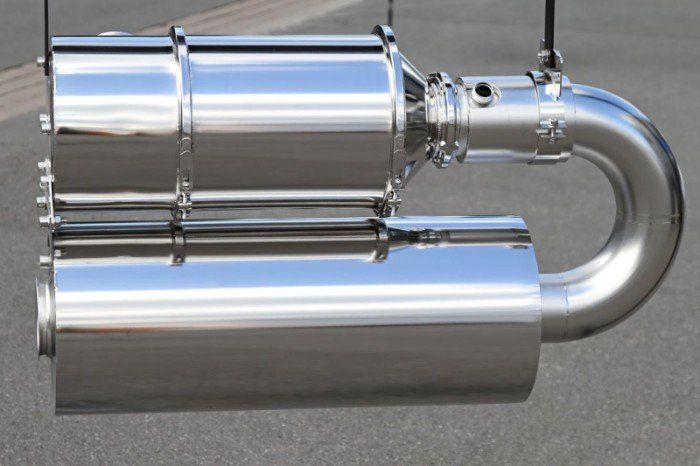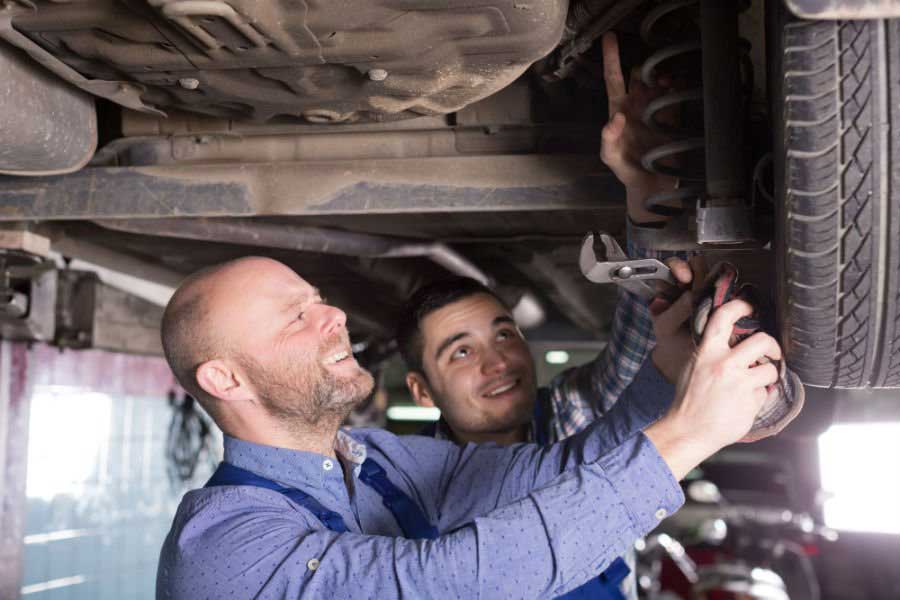DUALTONE AUTOMOTIVE
Serving San Diego since 1946
Call us Today! 858-273-8745
Telltale Signs That Mean You Should Replace Your Car's Brakes
- By Admin
- •
- 25 Mar, 2019
- •

The brake system is a critical part of the car. You need to know when your brakes are bad so you can replace them. Otherwise, the brakes may fail you when you need them most — in an emergency. Here are some of the signs that mean you should replace your brakes.
The Brakes Are Noisy
Although brakes work on the principle of friction, car manufacturers have designed brakes with minimal noise. Thus, you should suspect that something is wrong with your brakes if they are unusually noisy.
Many cars come with sensors that alert you when your brakes are worn out. When the brake pads are too worn out, the sensors scrape against the brake disc and produce a screeching sound when you apply the brakes. Some people also describe the noise as scraping. In short, check your brakes for wear if you hear unusual metallic sounds when you push the brake pedal.
The Pedals Pulsate
You should also suspect damaged brakes if the brake pedal pulsates when you brake. The pulsations or vibrations typically only occur when you brake lightly or moderately. Note that light brake vibrations are normal with cars that have antilock braking systems. Thus, you shouldn't rely on the vibrations alone if your car has an antilock braking system.
However, you should suspect damaged brakes if the vibrations occur even when the antilock braking system is disengaged. The vibrations occur when the brake rotors are warped and not able to make efficient contact with the brake pads.
The Brakes Are Unresponsive
Cars typically come with responsive brakes that you don't have to stomp on to produce an effect. Typically, the brakes start to work as soon as you start to put pressure on the brake pedal. The responsiveness disappears when your brakes have undergone too much wear.
In such a case, you may find that you have to press the brake pedal fully to the floor to slow your vehicle down. An unresponsive brake increases your braking distance because the brake doesn't work when you first press on the pedal. Such a brake system is dangerous since you might fail to stop in time in case of an emergency.
The Car Pulls When Braking
A properly aligned car shouldn't pull to either side when you press the brake pedal. Several malfunctions can make your car pull to one side, and a worn-out brake is one of them. Pulling occurs when the wear has affected the brakes unevenly.
When you press the brake pedal, the braking force is more effective on one side of the car than the other. Thus, the car pulls to the side with thicker brakes because the wheels on that side stop faster than the wheels on the opposite side of the car.
The Brake Pads Are Thin
Lastly, the most definitive way to know that your brakes have outlived their usefulness is to look at the thickness of the brake pads. The friction between the brake rotor and the brake pads is what makes the wheels to stop their spin and stop the car. The brake pads lose their necessary braking force when they lose their recommended thickness.
As such, brake pad inspection should be part of the regular car service. When you take your car for oil change, for example, you should also ask the mechanic to check the thickness of the brake pad and follow the mechanic's recommendations after that.
Contact us or bring your car to Dualtone if you have noticed any of the above signs of brake problems. We will diagnose and fix the brake problem whether it calls for new brakes or not. Don't forget that with brake problems, any delay increases the risk of road accidents.Browse Our Website
Hours of Operation
- Mon - Fri
- -
- Saturday
- -
- Sunday
- Closed
Dualtone will be closed for the following holidays:
- 4th of July
- Labor Day
- Thanksgiving Day
- Christmas Day
- New Years Day
Hours of Operation
- Mon - Fri
- -
- Saturday
- -
- Sunday
- Closed


